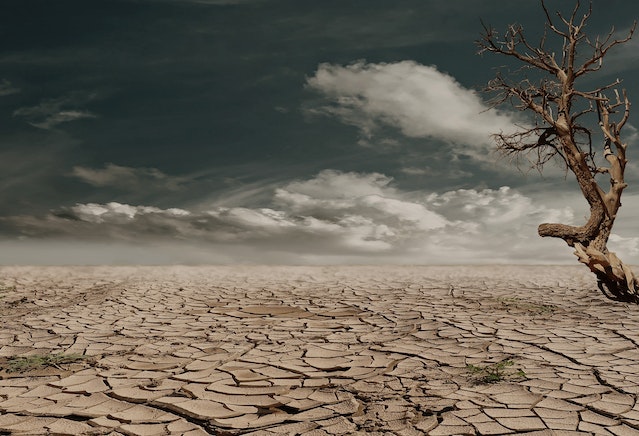Romania has joined a core coalition of 17 UN member states from all geographical regions initiated by Vanuatu to request an advisory opinion from the International Court of Justice on climate change, write Agerpres
According to a press statement released by the Romanian Foreign Ministry (MAE) on Saturday, the action initiated by Vanuatu is intended to clarify the obligations of states under international law regarding the effects of climate change and to prompt the international community to strengthen its efforts to combat climate change and protect vulnerable states.
So far, the initiative has won the support of 112 UN member states, out of the total of 193 member states.
„Romania’s involvement in this initiative strengthens its constant position as a promoter of international law instruments and a supporter of the jurisdiction of the International Court of Justice, as a guarantor of the supremacy of law in international affairs. At the same time, the approach illustrates Romania’s interest in making a significant and innovative contribution to the global efforts to combat the causes and effects of climate change. The climate change concern of the international community has been growing in recent years also because of a multiplication of extreme phenomena and the implications for order and security in the world. Romania has shown an active interest in the analysis of the legal aspects of climate change and its effects, including from the perspective of the phenomenon of rising sea and ocean levels. Moreover, I recently presented, on February 14, within the UN Security Council meeting, the serious implications the global phenomenon of rising sea and ocean levels already have or could have on the entire world community, including in terms of worldwide peace and security, especially on small island states and coastal states,” MAE quotes Romanian Foreign Minister Bogdan Aurescu as saying in the statement.
The opinion of the International Court of Justice will be requested by adopting a resolution of the UN General Assembly. After comprehensive negotiations with all UN states, on February 20, 2023, the coalition published a final draft resolution. During the consultations, Romania pleaded for a clear, ambitious, future-oriented text. By co-authoring the resolution, the UN states are invited to send a unified signal regarding their commitment to complying with existing climate obligations under international law.
According to the draft resolution, the question that will be posed to the International Court of Justice in order to draw up an advisory opinion contains responsibilities for climate change towards present and future generations, as well as regarding the obligations of states that have caused significant environmental harm and continue to causes such harm, thus targeting both past and present or future situations. Below is the text of the request:
„Having particular regard to the Charter of the United Nations, the International Covenants on Civil and Political Rights and on Economic, Social and Cultural Rights, the United Nations Framework Convention on Climate Change, the Paris Agreement, the United Nations Convention on the Law of the Sea, the duty of due diligence, the rights recognized in the Universal Declaration of Human Rights, the principle of prevention of significant harm to the environment, and the duty to protect and preserve the marine environment,
(1) What are the obligations of States under international law to ensure the protection of the climate system and other parts of the environment from anthropogenic emissions of greenhouse gases for States and for present and future generations;
(2) What are the legal consequences under these obligations for States where they, by their acts and omissions, have caused significant harm to the climate system and other parts of the environment, with respect to:
(a) States, including, in particular, small island developing States, which due to their geographical circumstances and level of development, are injured or specially affected by or are particularly vulnerable to the adverse effects of climate change?
(b) Peoples and individuals of the present and future generations affected by the adverse effects of climate change?”
Vanuatu initiated the process of requesting an advisory opinion of the International Court of Justice on climate change, inviting a number of UN states to join the core group for the negotiation and promotion of the draft resolution of the UN General Assembly. Taking up on the invitation were Romania, Portugal, Germany, Liechtenstein, Angola, Antigua and Barbuda, Bangladesh, Costa Rica, Micronesia, Morocco, Mozambique, New Zealand, Samoa, Sierra Leone, Singapore, Uganda and Vietnam.
According to the UN on-line library, an advisory opinion is legal advice provided to the United Nations or a specialized agency by the International Court of Justice, in accordance with Article 96 of the UN Charter. The General Assembly and the Security Council may request advisory opinions on „any legal matter.” Other organs and the specialised agencies may request advisory opinions on „legal questions arising within the scope of their activities.”
In general, advisory opinions are not binding, but may inform the development of international law. According to the ICJ website, advisory opinions „carry great legal weight and moral authority. They are often an instrument of preventive diplomacy and have peace-keeping virtues. Advisory opinions also, in their way, contribute to the elucidation and development of international law and thereby to the strengthening of peaceful relations between States.” AGERPRES




